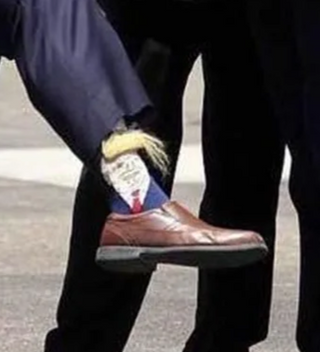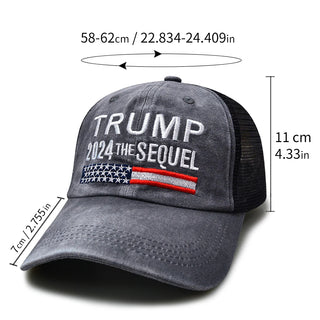A brief court notification was submitted on behalf of President Trump's legal team, which was lead by attorney Steven Sadow. The letter stated, "President Trump hereby notifies the Court that he may seek removal of his prosecution to federal court." They highlighted the need of taking prompt action and specified that this notice of removal must be filed within thirty days of the arraignment of the individual in question.
After President Trump filed a plea of not guilty on August 31 and renounced his right to an arraignment hearing, the clock began running for this thirty-day window on September 1. There are a number of potential benefits that could result from President Trump's attempt to move the issue to a federal court. Trump may argue that the conduct stated in the indictment were related to his official duties as a government official, thereby opening up options to have the charges reduced. [Case in point:] the indictment alleges that Trump engaged in a variety of illegal activities while performing his official duties.
In addition, if the case is kept in federal court, the jurors will be chosen from Fulton County, which is a place that President Joe Biden won by a significant margin during the 2016 presidential election. According to CNN, even if the case is transferred to federal court, the pool of potential jurors will still be selected from a region close to Atlanta that Biden won with ease.
Many of the other defendants in this case, including Trump and several of his co-defendants, are also pursuing similar techniques in an effort to have their cases transferred to federal court. Mark Meadows, who served in that capacity under President Trump, provided testimony in support of this cause during a hearing that took place not too long ago. At the upcoming hearings, it will be decided whether or not a federal judge would accept identical demands filed by former Justice Department employee Jeffrey Clark and other defendants.
Mark Meadows has asked U.S. District Judge Steve Jones to remove his case from the jurisdiction of the local court in order to avoid facing the allegations of racketeering and other offenses that have been brought against him by the Fulton County District Attorney Fani Willis. He claims that the alleged events took place while he was working for the federal government, which contradicts the allegations. In the event that Meadows prevails, he would almost certainly make a motion to have his case dismissed on the grounds that Trump granted him immunity while he was in office.
The outcome of Jones' ruling about Meadows' request might have a big impact on the likelihood that Trump will be able to move his case from state court to federal court. If Meadows's request for the transfer is approved, it will likely serve as an example for Trump's legal team to follow in the future.
Because Fani Willis has staked her career on prosecuting Trump and his colleagues for their alleged attempts to reverse the results of Georgia's 2020 election, this situation has huge ramifications for her. Fani Willis has staked her career on prosecuting Trump and his associates for their alleged attempts to overturn the results of Georgia's 2020 election. If Meadows's effort is successful, it may clear the way for Trump to bring a challenge of a similar nature before a federal court.
Lee Kovarsky, a law professor at the University of Texas, says that the decision may be influenced more by the "atmospherics of the case" than the particulars of the legal argument that is being presented. In spite of the complexities of the legal considerations, he is of the opinion that if Meadows is granted permission to transfer, then Trump may also be granted permission to do the same.
The allegations of racketeering against Meadows and his co-defendants are at the crux of the charges brought against them. According to the prosecutors, these allegations reveal a months-long plan to reverse the results of the 2020 election in Georgia in favor of Trump. The indictment details 161 activities that are believed to be part of this conspiracy, and Meadows is accused of involvement in eight of those acts. These measures include meetings with politicians from the state, attempts to monitor signature match audits, and the coordination of phone calls between Trump and election officials from the state. Meadows has responded by challenging the veracity of certain of these charges.
During one particularly famous call, Trump asked Georgia's Secretary of State Brad Raffensperger to "find 11,780 votes." In connection with this phone call, Meadows has also been charged with trying to get a public officer to break their oath by offering them money.
As the matter is being evaluated by Judge Jones, who was chosen by Barack Obama, he has indicated that at least some of the claims leveled against Meadows would qualify for removal to federal court. As a result, Meadows' legal team and the prosecutors for Fulton County will have to argue about whether or not this is sufficient to change jurisdictions.


















